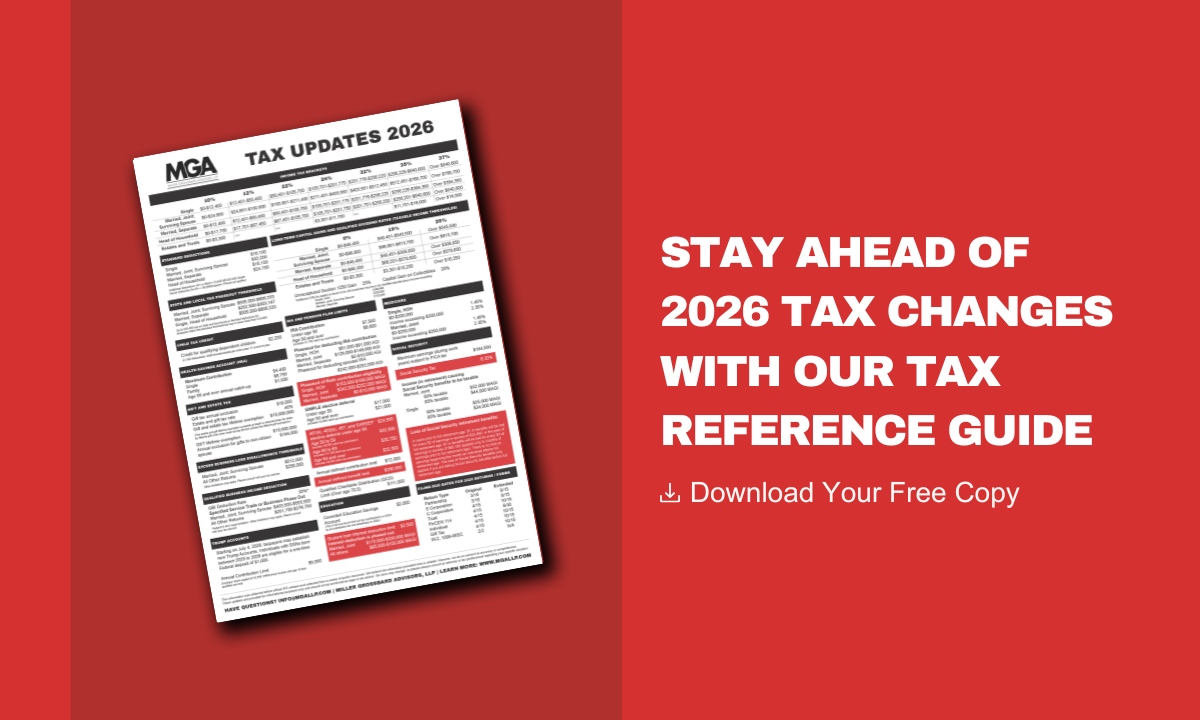In early August, President Trump directed that the employee’s portion of Social Security taxes (6.2% of wages) be deferred for workers making less than $4,000 on a biweekly basis, starting on September 1, 2020, and lasting through the end of the year.
Just days before the September 1st start date, the IRS released a three-page notice, providing some necessary guidance for employers implementing this payroll tax deferral. While questions remain, here is an overview of what we know.
President Trump’s Payroll Tax Deferral: Here’s What We Know (And What We Are Awaiting)
The payroll tax DEFERRAL goal is to increase the take-home pay for workers who make less than $4,000 on a biweekly basis. However, under the new guidance, the amount of Social Security payroll taxes withheld from an employee’s paycheck would INCREASE from January 1, 2021, through April 30, 2021, to pay the deferred amounts.
This creates a challenge for employees, as they will have to pay more taxes beginning in January to offset any benefit they may receive now. Because of this, many businesses are not likely to implement the deferral.
Which leads us to our next question: Is the deferral optional for employers? While Treasury Secretary Steven Mnuchin has stated that companies will not be required to implement the deferral, the new guidance does not explicitly state that it is optional. However, given that the notice simply permits postponement and does not prohibit withholding, it seems to be at the employer's discretion.
So, should you poll each of your employees and see what they wish to do? You could. However, it’s important to note that although employees seem to be the beneficiaries of this deferral, the new guidance issued does not seem to provide employees with any discretion in this regard. The decision to forego the payroll tax deferral or not will ultimately be the employer’s decision to make.
It's also important to note that President Trump has been open about his intent to forgive the payroll tax deferral. However, that is dependent upon the President's re-election along with Congress’s support. Without forgiveness, workers will face the higher withholding mentioned above during early 2021, merely pushing the tax burden down the road instead of offering a real helping hand to those who may need it now.
Our Take-Away Conclusion
Companies interested in offering this deferral option to their team members need to make sure they understand the risk and costs associated with doing so. There is also the burden of administration to consider, which could be very timely and tedious. Or what if you offer the deferral to an employee, and you no longer employ them during the 2021 re-payment period? You could risk having to pay the deferred taxes back yourself.

As always, your team here at MGA is here to help you consider all of your options. If you have further questions or concerns, please don’t hesitate to reach out to us.
We are here to provide simple explanations of the complex happenings around us.
.png?width=191&name=mgalogofinal-01%20(3).png)




